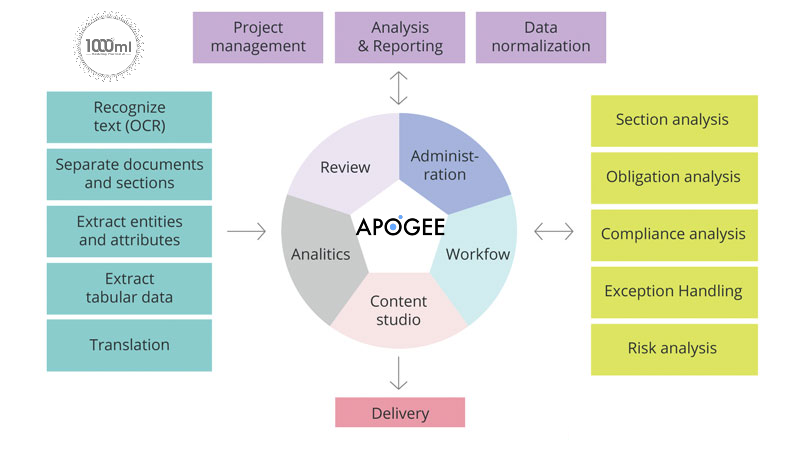NLP involves a computer’s ability to analyze and understand text, making it easier for the computer to recognize human language.
But what makes NLP so advantageous for your business? Here’s a closer look at how NLP works and what you can expect when using it for your business.
The General Concept of NLP
Natural Language Processing or NLP is a machine learning practice where a computer learns to understand human language. NLP entails recognizing the symbols of speech or text and then generating text based on specific questions or other concepts it identifies.
NLP helps process information and find answers to various questions. The practice can involve four critical steps for work:
1. Extracting the details from text or speech
2. Interpreting the content it extracts
3. Analyzing the content next to prior knowledge
4. Creating a decision on how to use that content
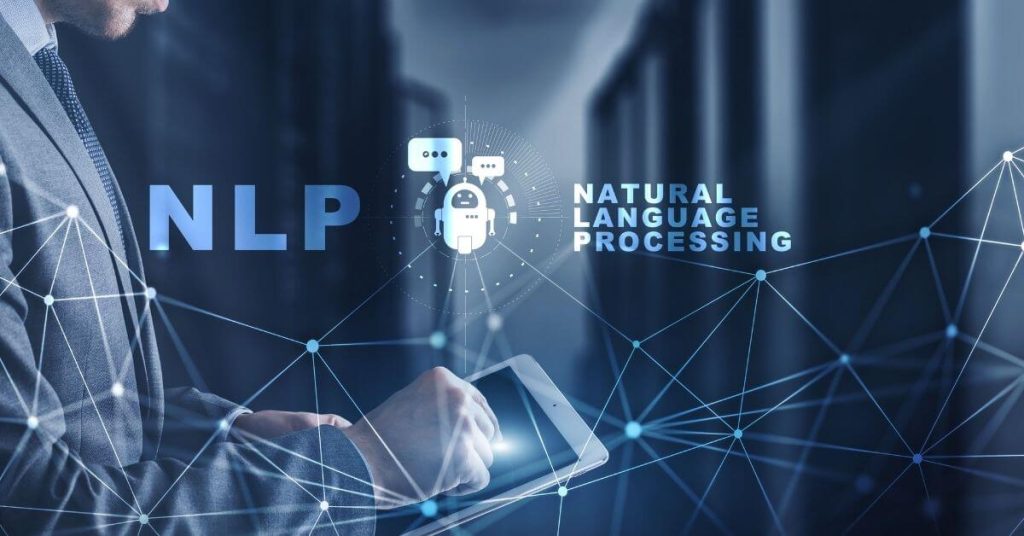
NLP Advances a Computer’s Understanding of Language
It becomes easier for a computer to recognize human language through NLP. NLP allows a computer to handle many new concepts:
• Synonyms and antonyms
• Specific references in sentences, including identifying what pronouns belong to which figures
• Reviewing the context and use of a word, including learning how a new word works and what it is similar to
• Understanding the sentiment the person has
• The syntax of a sentence
• Unique thoughts or concepts involved with certain phrases, including how many words connect with one another
How Does This Work?
The process for how an AI can learn language through NLP is easier to figure out than you realize:
1.An AI program will review a sentence or another string of words.
2.The program breaks the sentence down into several words. Each work will come with different meanings and ideas that the AI will understand.
3.Stemming occurs in the next part. The AI analyzes each word to determine where it originates.
4.The AI then calculates the meaning of each word.
5.Stop words are reviewed and removed as necessary. Stop words include “and,” “the,” and “is.” Sometimes these words may still link with the rest of the sentence to gather context for why those words appear at a time.
6.Dependency parsing involves reviewing the relationships between each of the words.
7.All words receive part of speech tags specifying if they are nouns, adjectives, adverbs, or verbs.
NLP makes it easier for the AI to understand the words someone is saying or writing. NLP lets the AI see how the content links together, making it so the AI can understand the concept it receives.
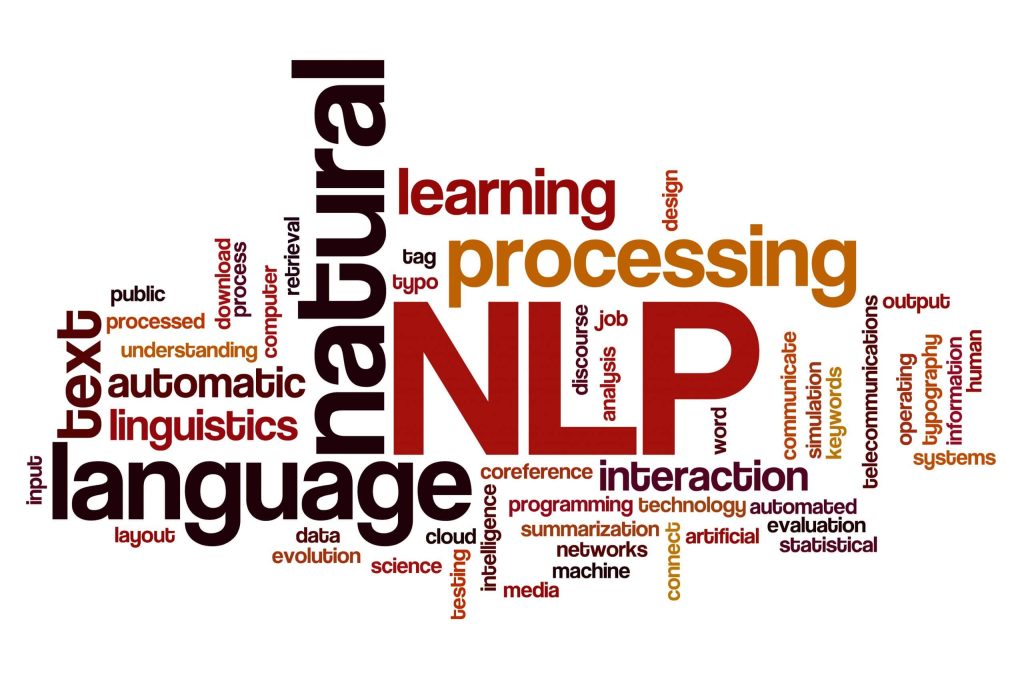
What Can NLP Do For Your Business?
NLP provides a unique approach to identifying content, but you might be curious about how well NLP can work for your business. Here are a few of the most appealing applications you can use with NLP:
• An AI program can review the language someone inputs and create an answer. NLP helps the AI learn about new concepts and terms and assists in producing more accurate responses as its knowledge base expands.
• Sentiment analysis is also possible through NLP. The AI can review various words and identify their part of speech tags to determine the mood or feeling of a statement.
• Some NLP programs also help with spam detection for a business. An NLP program can identify the sentiment and content of a message and determine if it is spam based on the definitions it receives and learns.
• Your AI can also perform automated customer service tasks through NLP. The AI can create actions or responses based on what the customer requests at a time.
How Will You Implement NLP?
The idea of implementing NLP into your work sounds daunting, but it is easier to manage than you might expect. You can use a few steps to run your NLP task:
1. You can start by collecting the data you want your AI to review. A system can include multiple training words you want the AI to focus on alongside a dictionary. You can also add support for many languages as the need arises.
2. All data must be processed to be easy for the AI to read. Part of this work includes removing unwanted terms or phrases.
3. A programmer can help convert the content into a binary format that the computer can understand.
4. The programmer then produces a new model to train the AI to gather and receive new knowledge from the data it accesses. The work includes allowing the AI to understand new content it might receive.
5. A thorough assessment of the model is necessary to confirm how well it can operate.
The process of implementing NLP can take weeks, although it may be easier to manage if you have enough professionals on hand to help.
What About the Cost Factor?
You might be concerned that an NLP setup might cost more to run than you expect, but that’s not the case. NLP can be easy to implement without breaking your budget.
The cost to prepare an NLP platform will vary by situation, but you can expect to spend less than $100,000 to get it ready. The cost will vary over these factors:
• The type of system you’re using, including whether it is a licensed and configurable NLP platform or an open-source option
• Whether you need to hire a developer to prepare the NLP system
• The amount of data you will utilize; it costs more to manage more massive NLP setups
A Distinct Option For Your Data
You will find it easier for your business AI to handle data when it goes through an NLP system. NLP helps AI identify various pieces of content and provides more accurate responses, plus it can learn more about language as it evolves. You can trust an NLP setup when finding a way to automate different work tasks or offer a way to interact with other people.
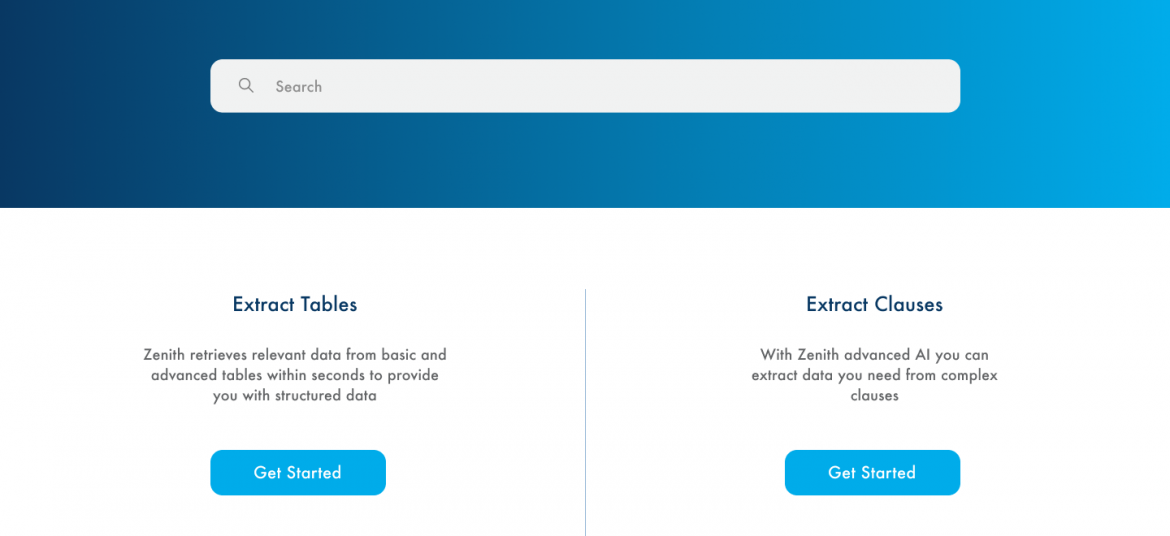
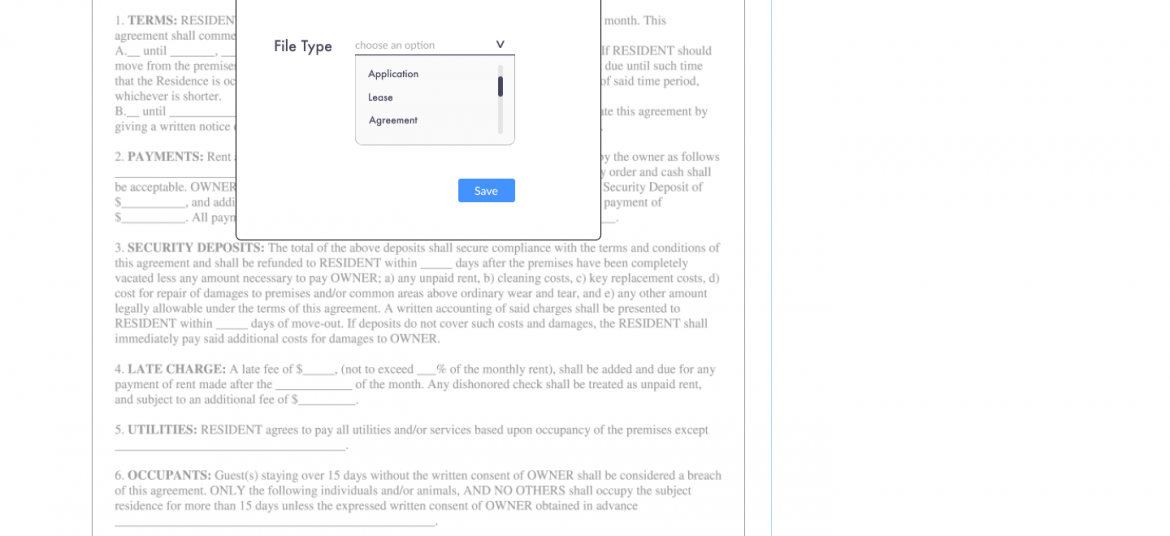
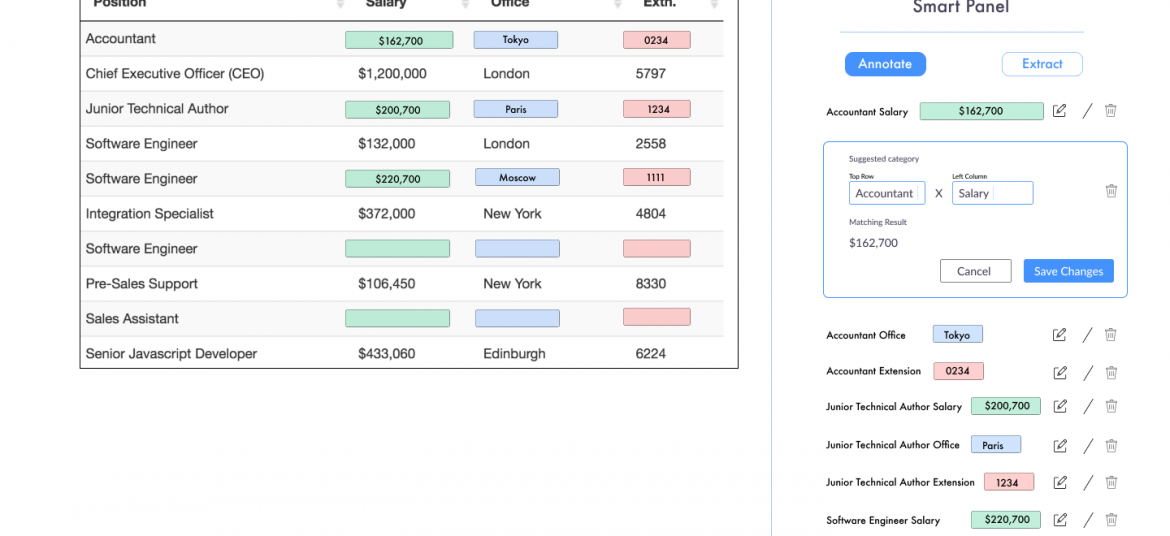
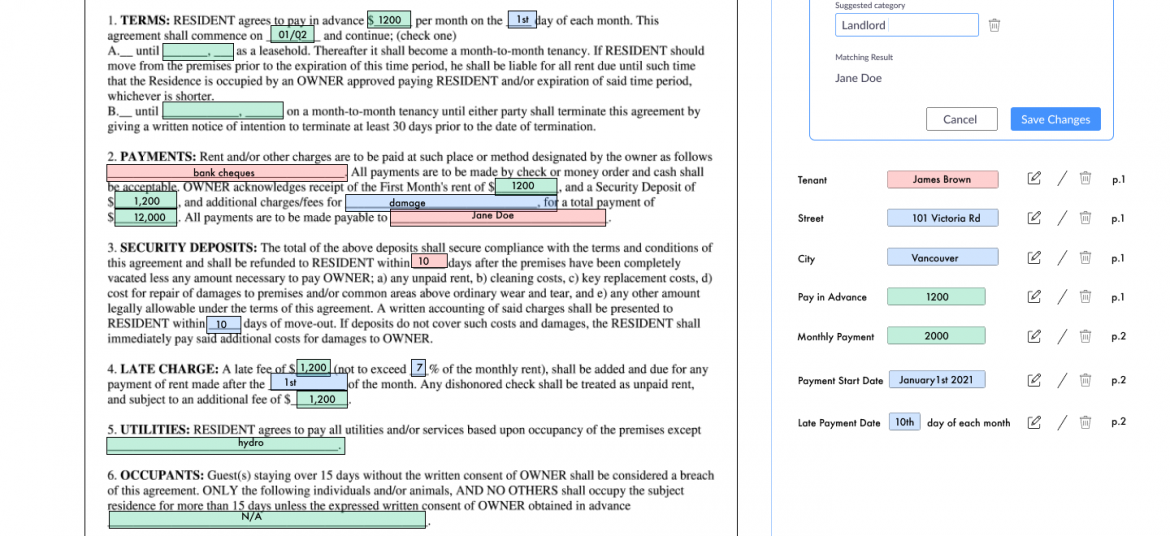
Apogee Suite of NLP and AI tools made by 1000ml has helped Small and Medium Businesses in several industries, large Enterprises and Government Ministries gain an understanding of the Intelligence that exists within their documents, contracts, and generally, any content.
Our toolset – Apogee, Zenith and Mensa work together to allow for:
- Any document, contract and/or content ingested and understood
- Document (Type) Classification
- Content Summarization
- Metadata (or text) Extraction
- Table (and embedded text) Extraction
- Conversational AI (chatbot)
Search, Javascript SDK and API
- Document Intelligence
- Intelligent Document Processing
- ERP NLP Data Augmentation
- Judicial Case Prediction Engine
- Digital Navigation AI
- No-configuration FAQ Bots
- and many more
Check out our next webinar dates below to find out how 1000ml’s tool works with your organization’s systems to create opportunities for Robotic Process Automation (RPA) and automatic, self-learning data pipelines.
